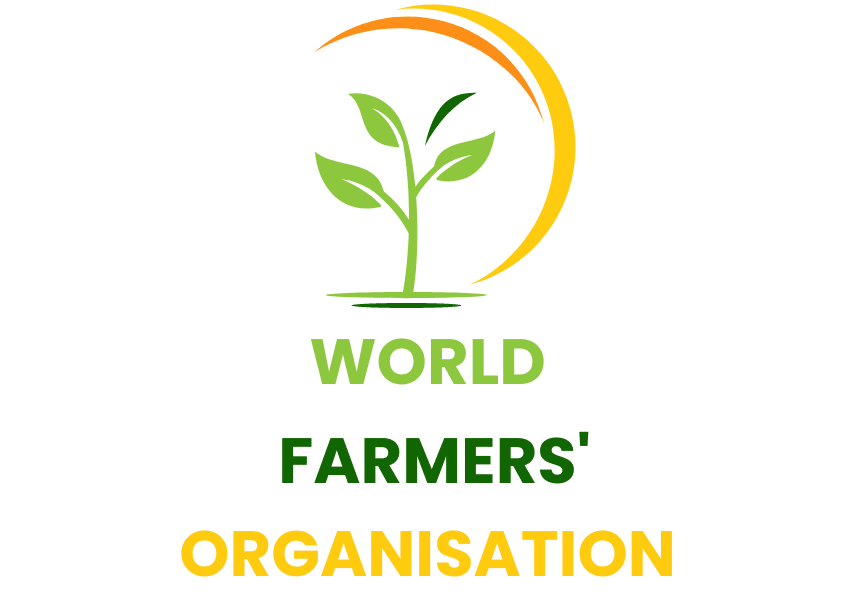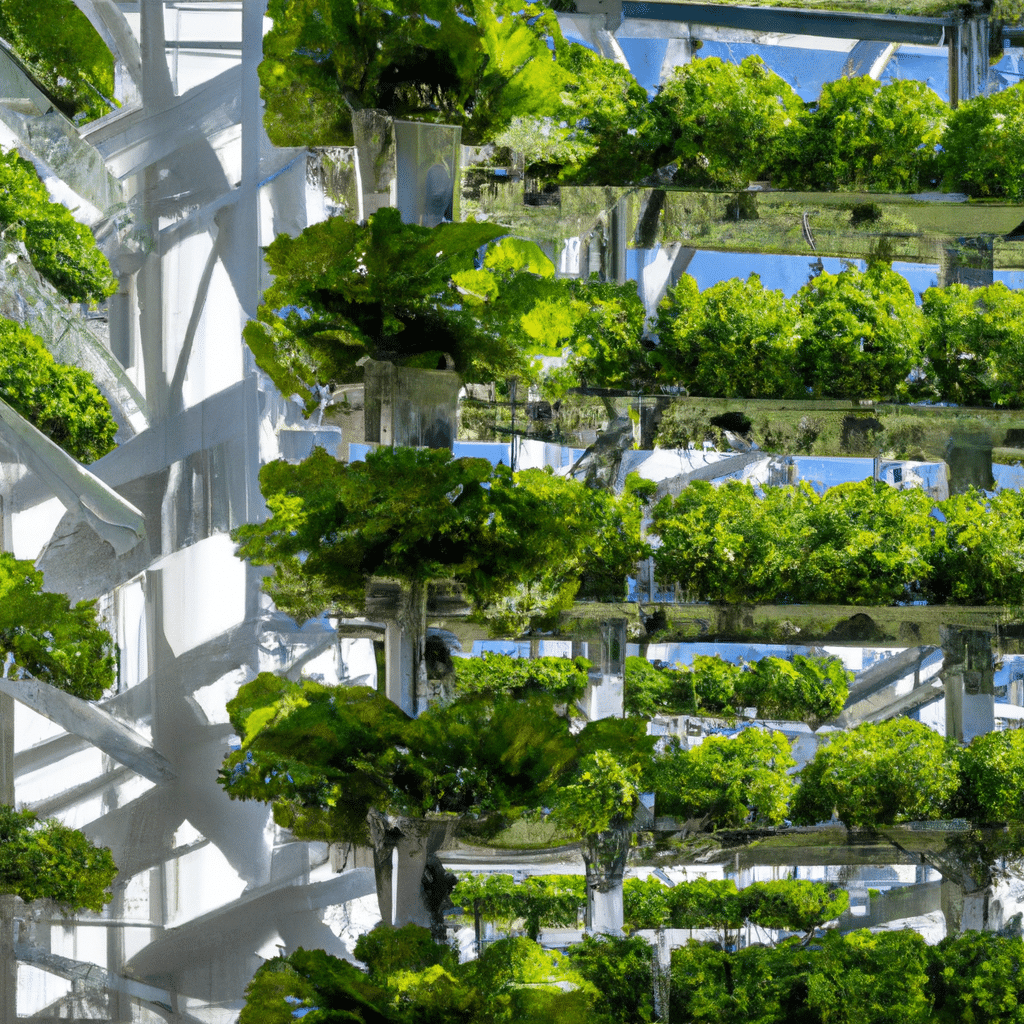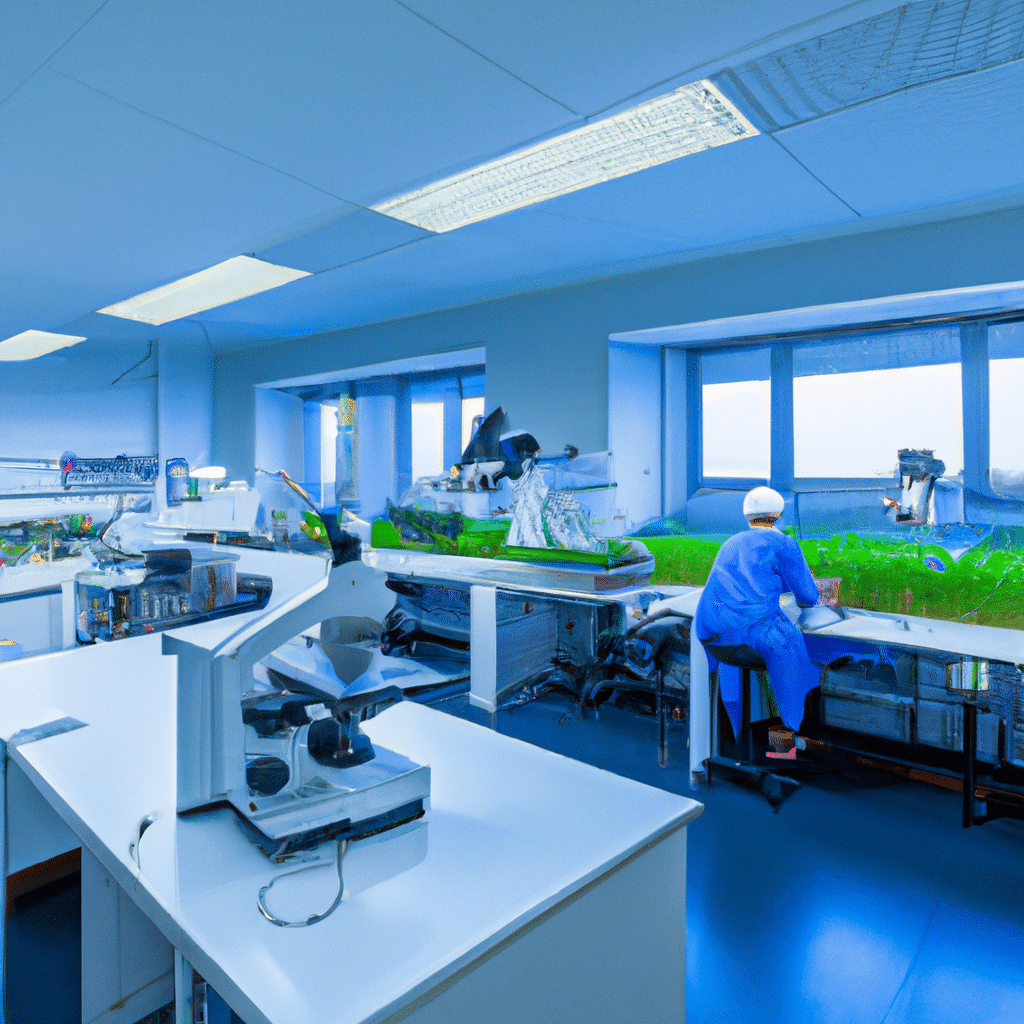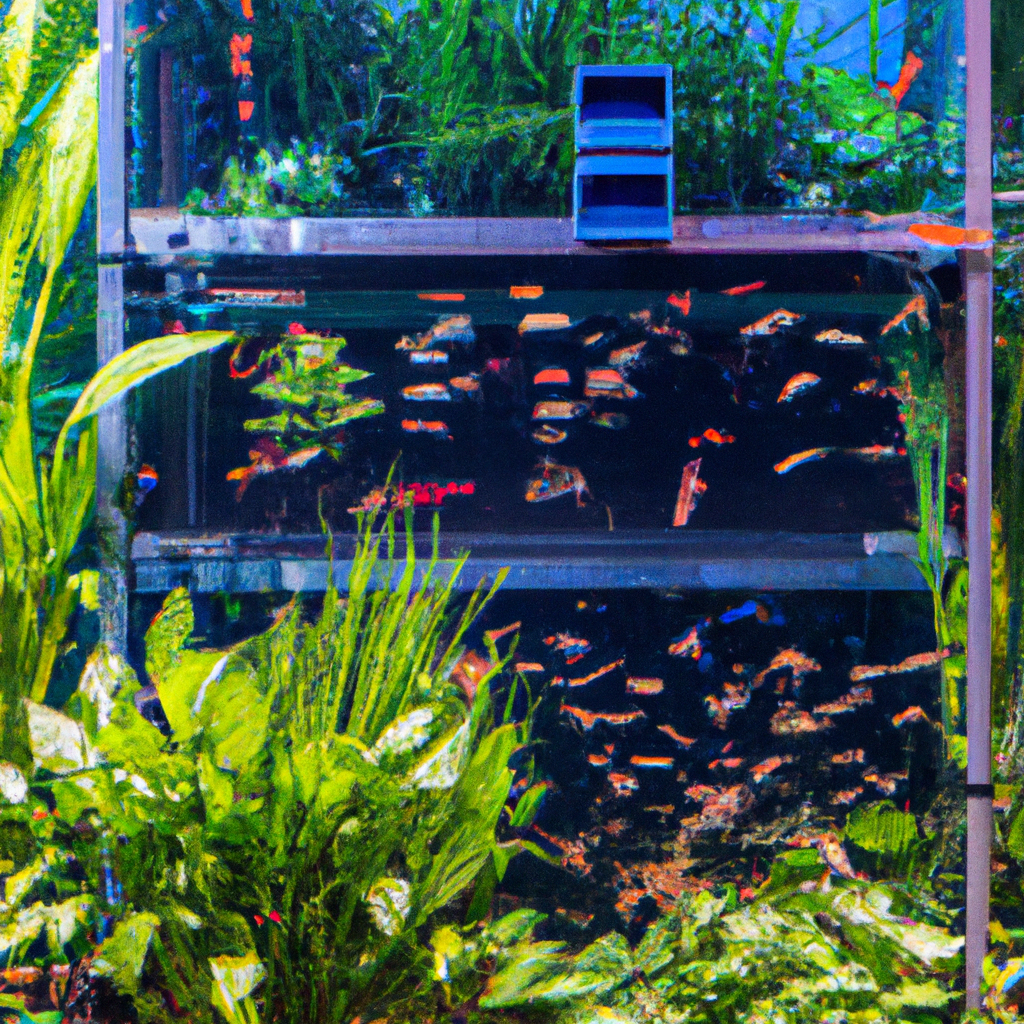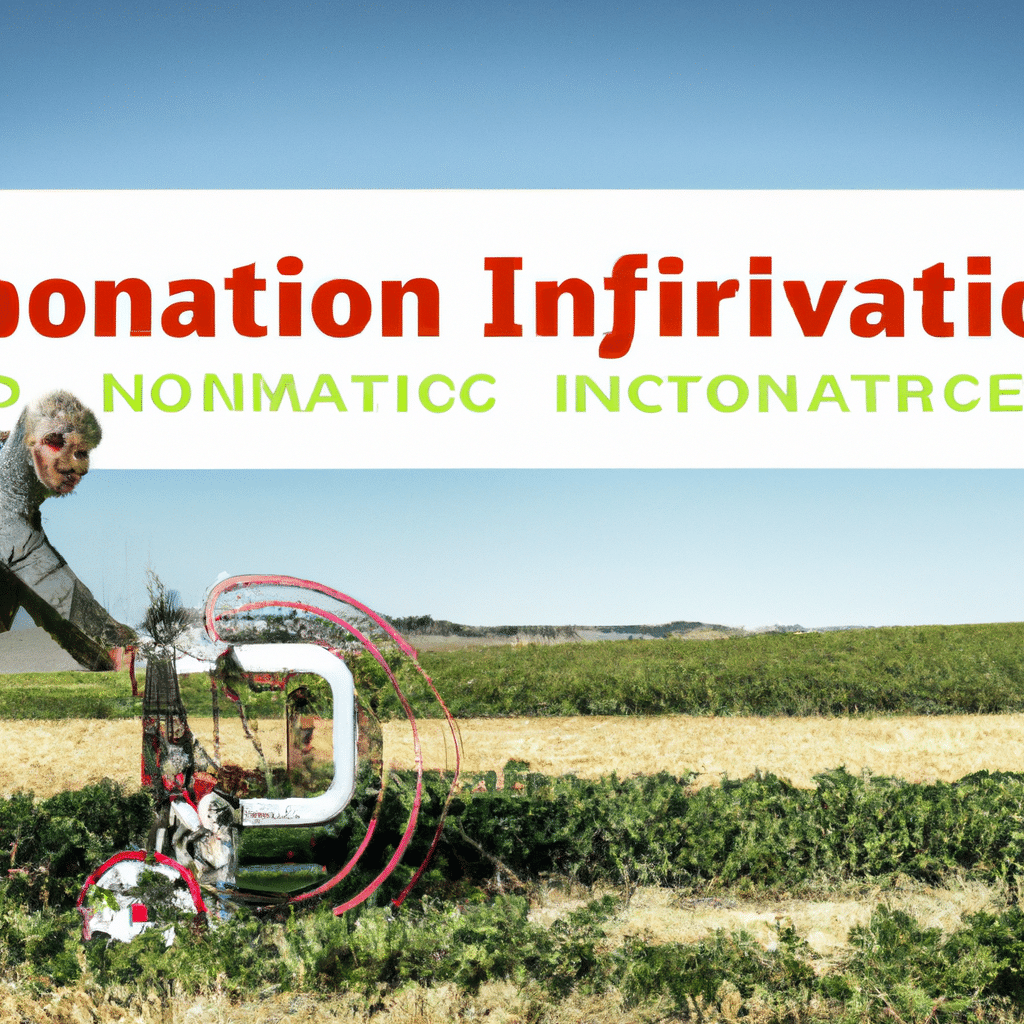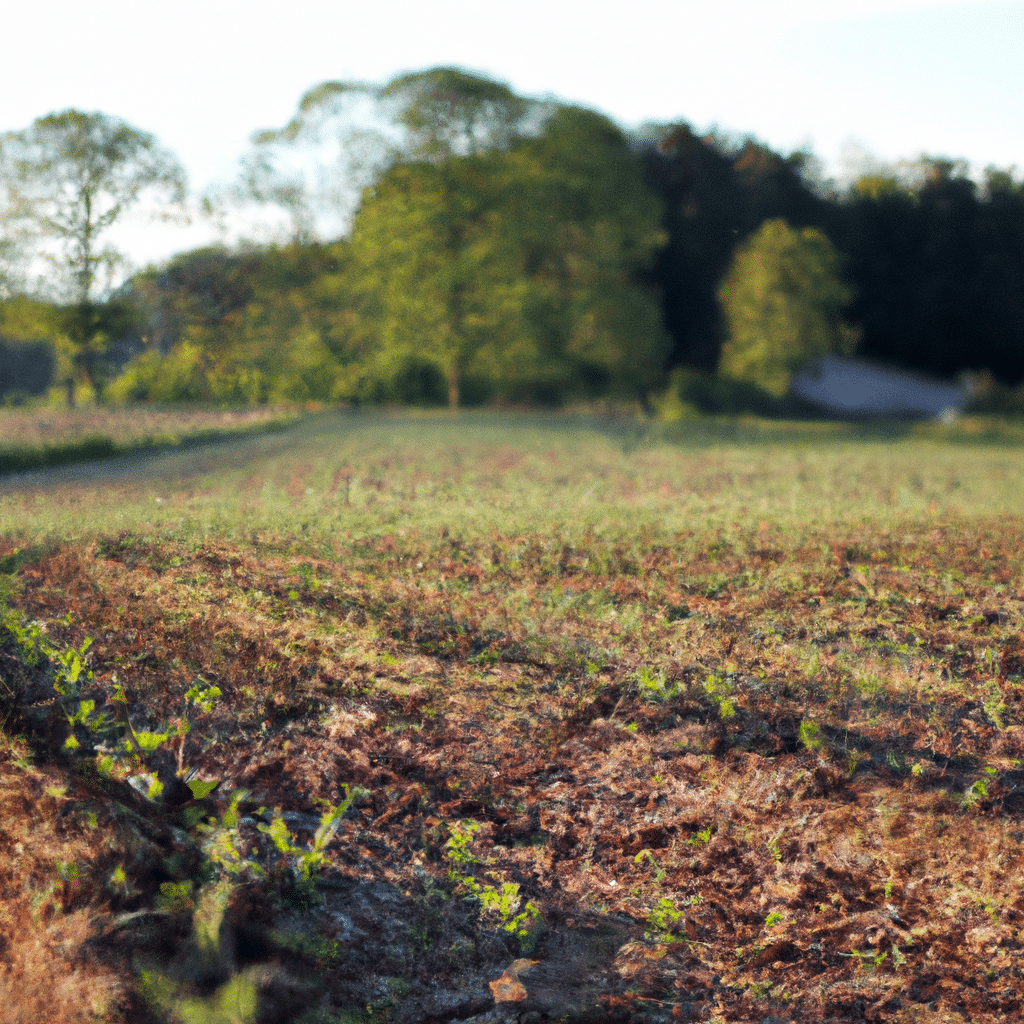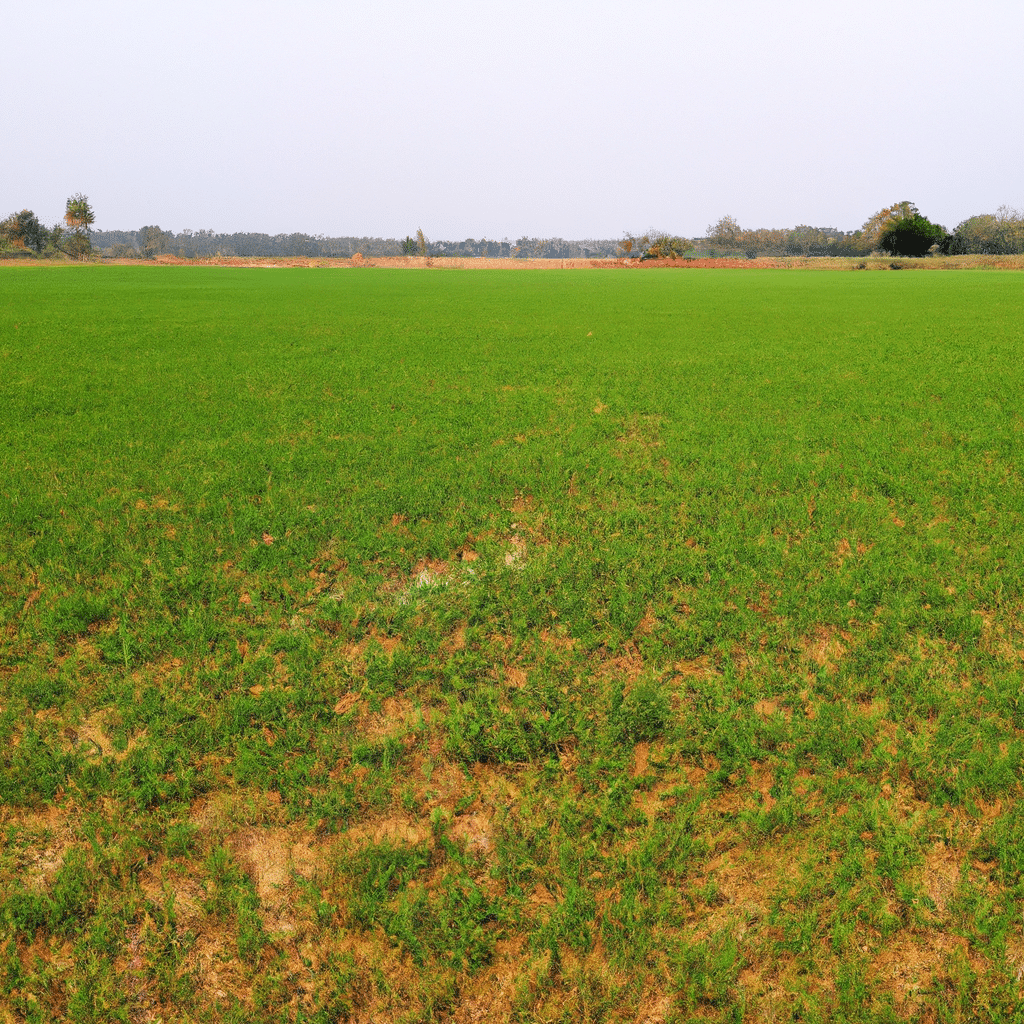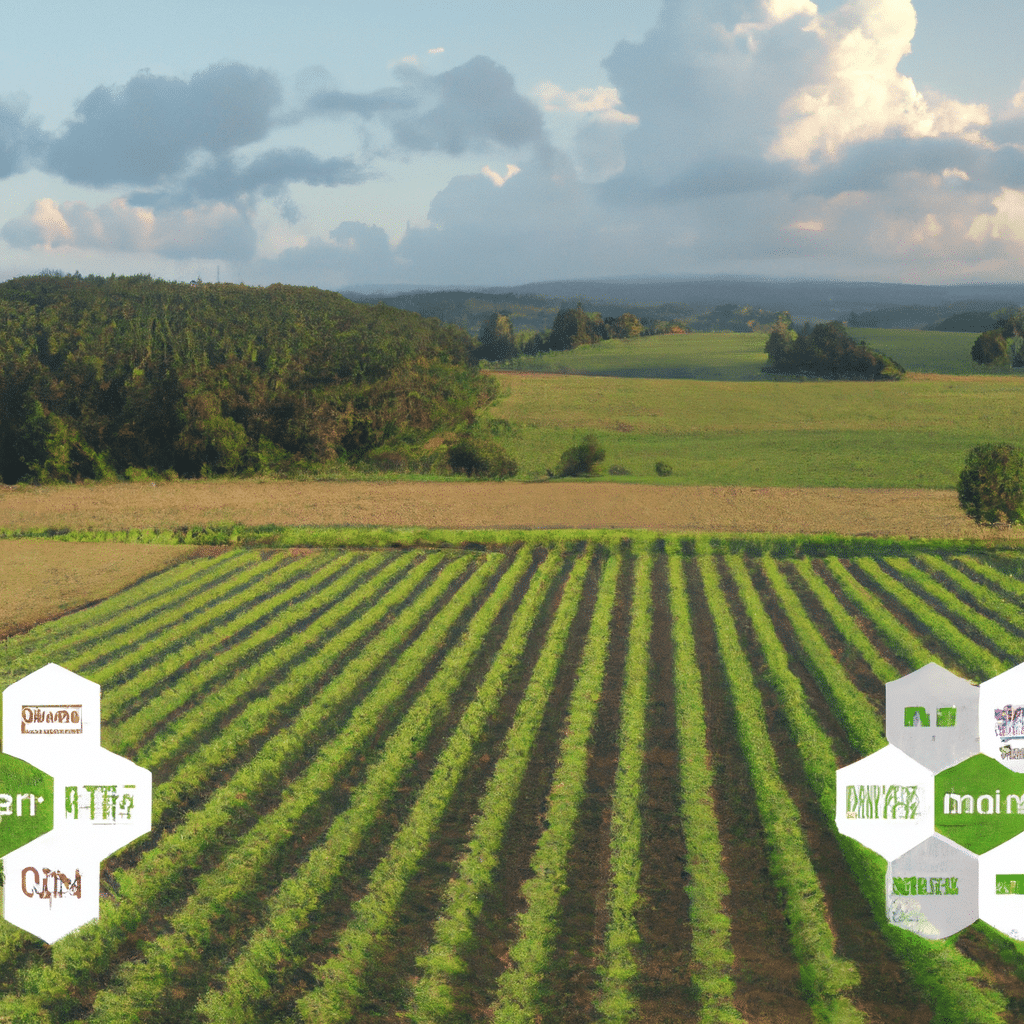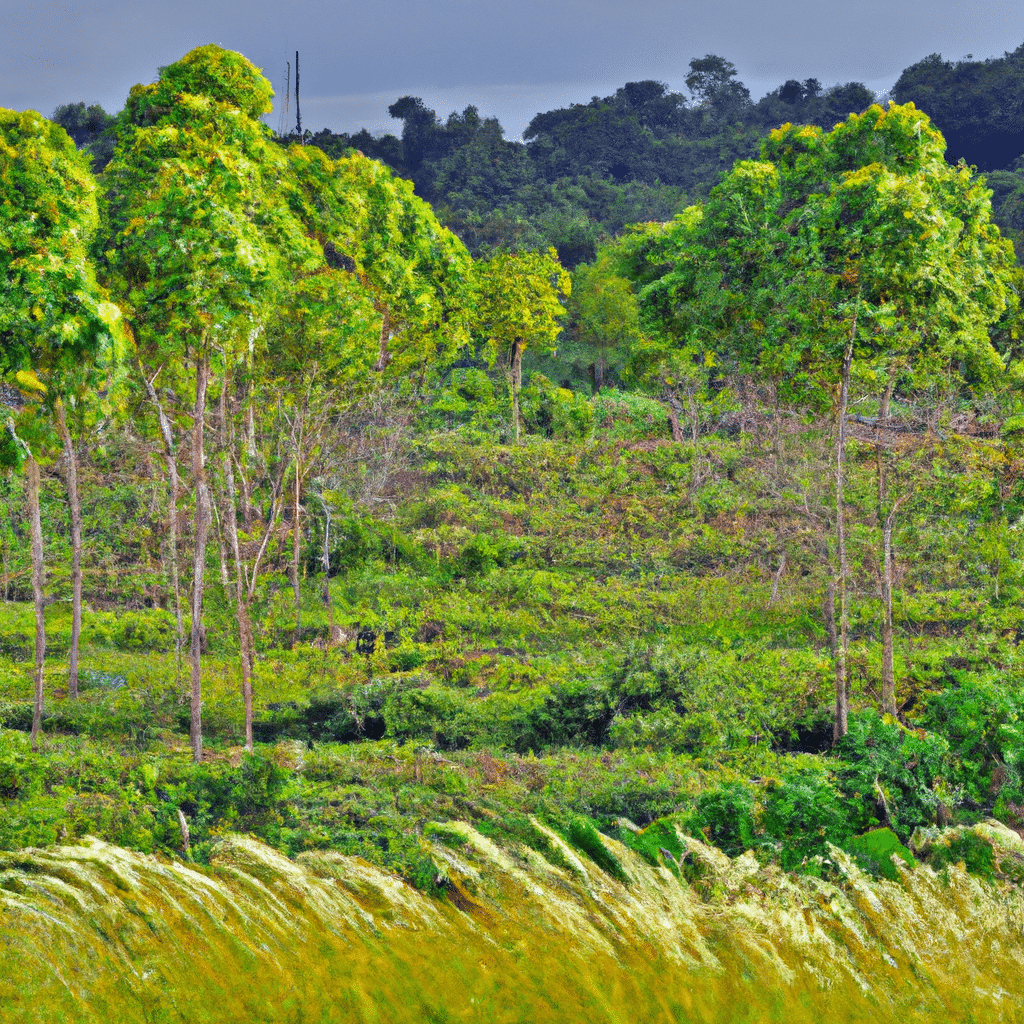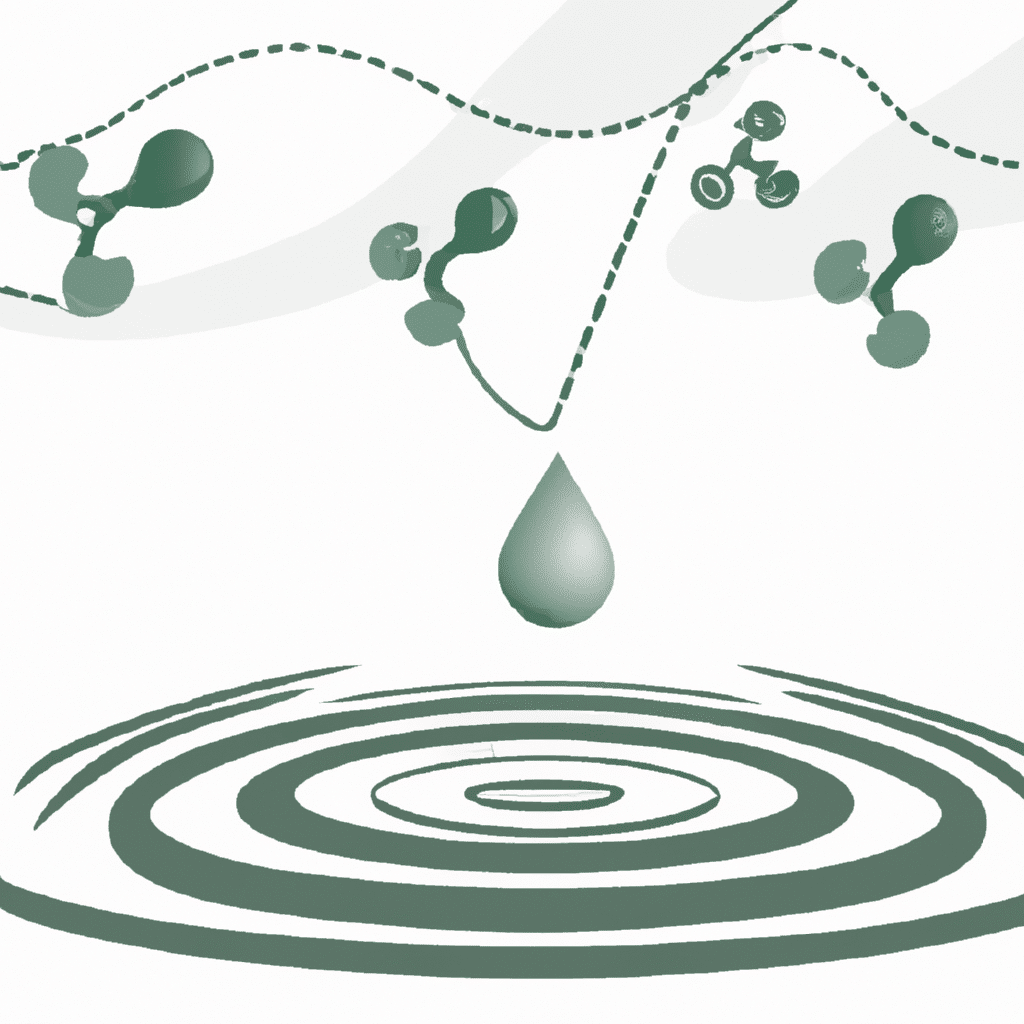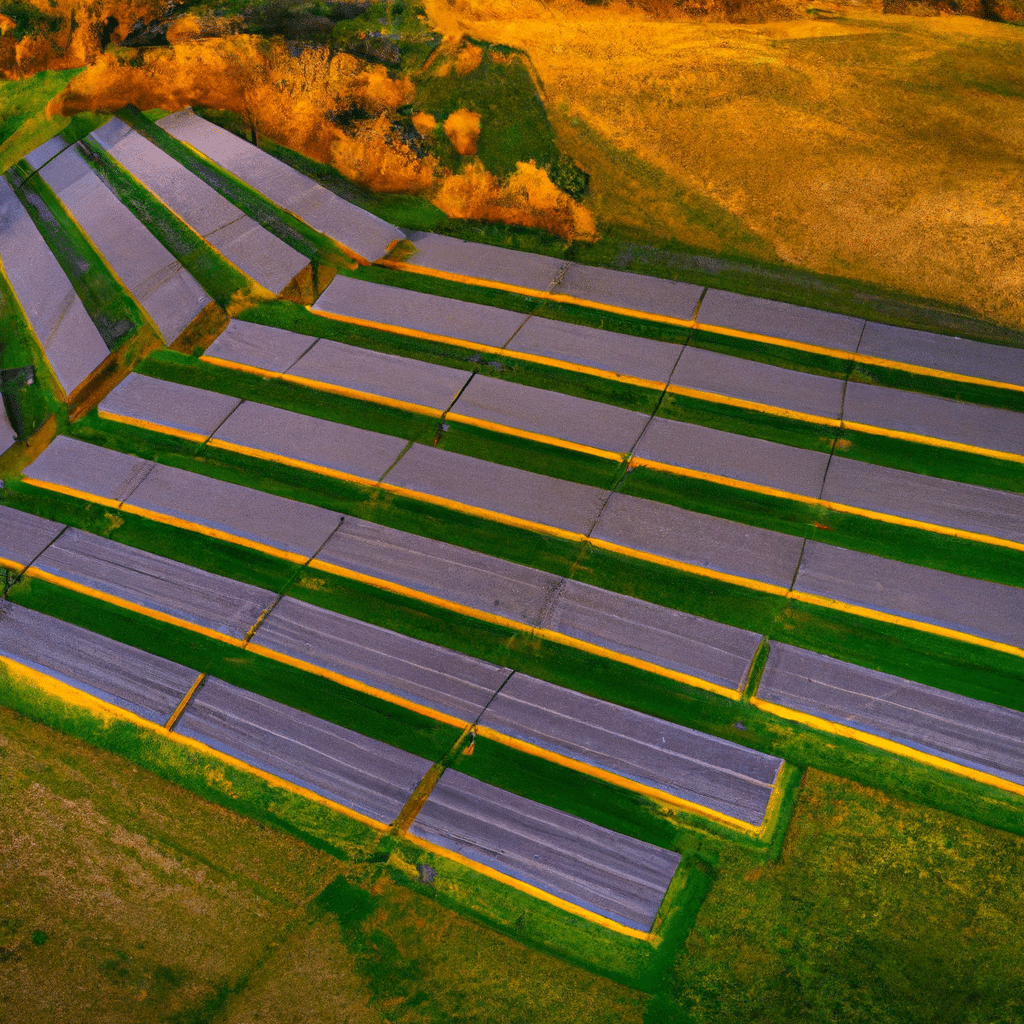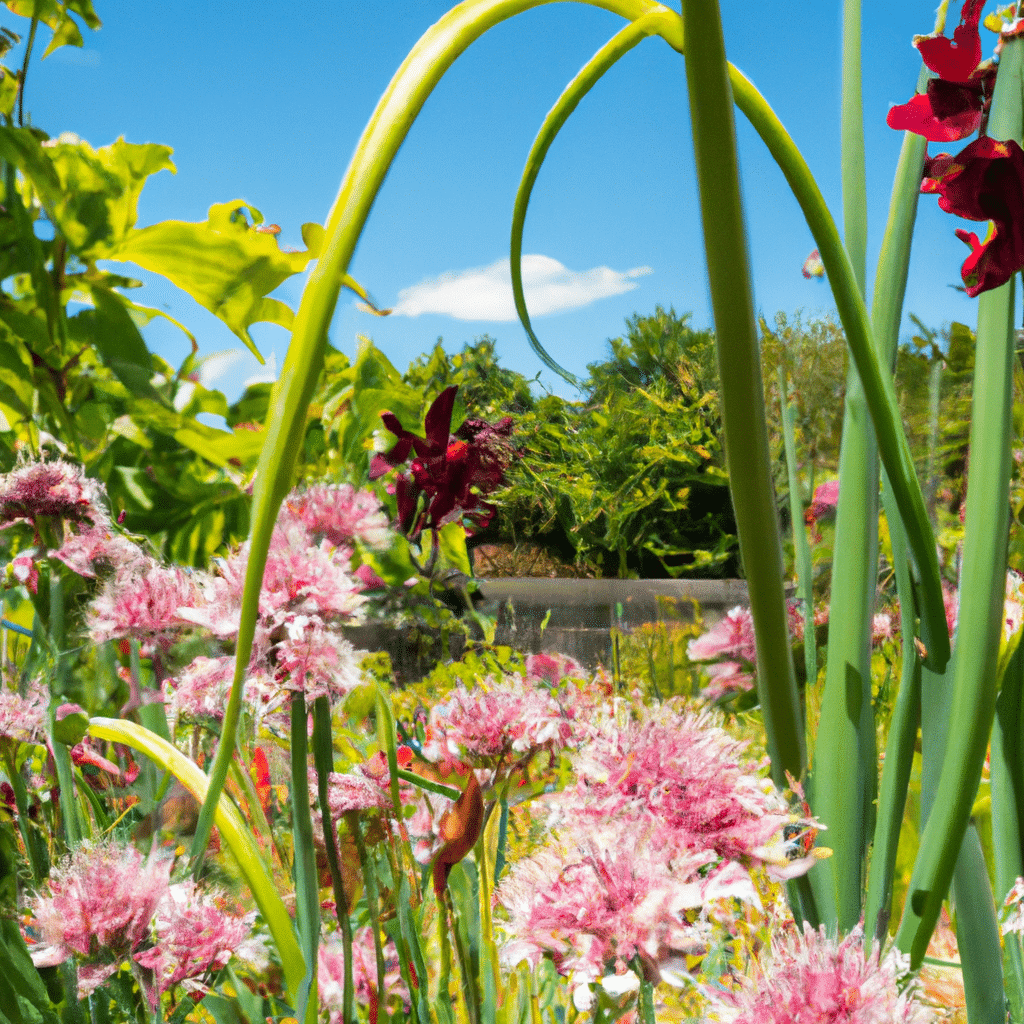In recent years, there has been a significant shift in consumer demand for sustainable farming practices. People are becoming more conscious of the impact that conventional farming methods have on the environment, animal welfare, and human health. As a result, sustainable farming practices are gaining popularity and reshaping the way we produce and consume food. In this comprehensive article, we will explore the rise of sustainable farming practices and their impact on the food industry. Join us on this journey from farm to fork as we delve into the world of sustainable agriculture.
The Need for Sustainable Farming
Conventional farming practices have long been criticized for their negative effects on the environment. The use of synthetic fertilizers and pesticides has led to soil degradation, water pollution, and a decline in biodiversity. Additionally, the intensive use of resources like water and energy has put a strain on our natural ecosystems. These unsustainable practices not only harm the environment but also compromise the quality and safety of our food.
Sustainable farming, on the other hand, aims to minimize these detrimental effects by adopting practices that promote environmental stewardship, social responsibility, and economic viability. This holistic approach takes into account the long-term sustainability of our food systems, ensuring that future generations can also benefit from a healthy and thriving planet.
Organic Farming: A Cornerstone of Sustainability
One of the most well-known sustainable farming practices is organic farming. Organic farmers prioritize the use of natural fertilizers and pest control methods, avoiding synthetic chemicals altogether. This reduces the risk of chemical residues in our food and helps to preserve soil fertility. Organic farming also encourages biodiversity by creating a more balanced ecosystem that supports beneficial insects and wildlife.
Certified organic products have gained popularity among consumers who seek healthier and more sustainable food options. According to a survey conducted by the Organic Trade Association, organic food sales in the United States alone reached a record-breaking $47.9 billion in 2019, reflecting the growing demand for organic produce.
Regenerative Agriculture: Restoring the Land
While organic farming focuses on minimizing harm, regenerative agriculture takes sustainability a step further by actively restoring the land. This approach aims to rebuild soil health, enhance biodiversity, and sequester carbon dioxide from the atmosphere. By implementing practices such as cover cropping, crop rotation, and minimal tillage, regenerative farmers not only produce high-quality food but also contribute to climate change mitigation.
Regenerative agriculture has gained attention for its potential to combat climate change. A study published in the journal Nature found that widespread adoption of regenerative practices could offset up to 20% of current greenhouse gas emissions. This demonstrates the significant role that sustainable farming can play in addressing the urgent environmental challenges we face today.
Local Food Systems: Bringing Farmers and Consumers Together
In addition to organic and regenerative farming, the rise of sustainable agriculture has also led to a renewed focus on local food systems. Local food systems prioritize the production and consumption of food within a limited geographic area, reducing the carbon footprint associated with long-distance transportation. By buying directly from local farmers, consumers can support their community and have a closer connection to the food they eat.
Farmers markets, community-supported agriculture (CSA) programs, and farm-to-table restaurants are all examples of initiatives that promote local food systems. These platforms not only provide consumers with fresh and nutritious produce but also allow farmers to receive fair prices for their products. By strengthening the link between farmers and consumers, local food systems contribute to the sustainability of our food supply chain.
Technology and Innovation: Revolutionizing Sustainable Farming
Advancements in technology and innovation have played a crucial role in driving the adoption of sustainable farming practices. From precision agriculture to vertical farming, these innovations allow farmers to optimize resource use, reduce waste, and increase productivity. For example, sensor-based irrigation systems can help farmers monitor soil moisture levels, ensuring efficient water use. Similarly, indoor vertical farms utilize controlled environments to grow crops without the need for large amounts of land or pesticides.
These technological advancements not only improve the efficiency and profitability of sustainable farming but also make it more accessible to a wider range of farmers. As the costs associated with sustainable practices decrease, more farmers can transition from conventional methods to more sustainable alternatives, further promoting the growth of this movement.
The Future of Sustainable Farming
As consumer awareness and demand for sustainable food continue to grow, the future of farming looks promising. The rise of sustainable farming practices signifies a shift towards a more environmentally conscious and socially responsible food system. It is a movement that recognizes the interconnectedness of our actions and the importance of preserving our natural resources for future generations.
However, the journey towards a fully sustainable food system is not without its challenges. Farmers face various hurdles, including financial constraints, lack of access to resources, and the need for supportive policies. Overcoming these obstacles requires collaboration among stakeholders, including farmers, consumers, policymakers, and scientists. By working together, we can create a future where sustainable farming practices are the norm rather than the exception.
In conclusion, the rise of sustainable farming practices is transforming the way we produce and consume food. From organic farming to regenerative agriculture, local food systems, and technological innovations, sustainability is at the forefront of the food industry. As consumers, we have the power to drive this change by making conscious choices and supporting farmers who prioritize sustainability. By embracing sustainable farming practices, we can ensure a healthier planet, healthier food, and a brighter future for generations to come.
